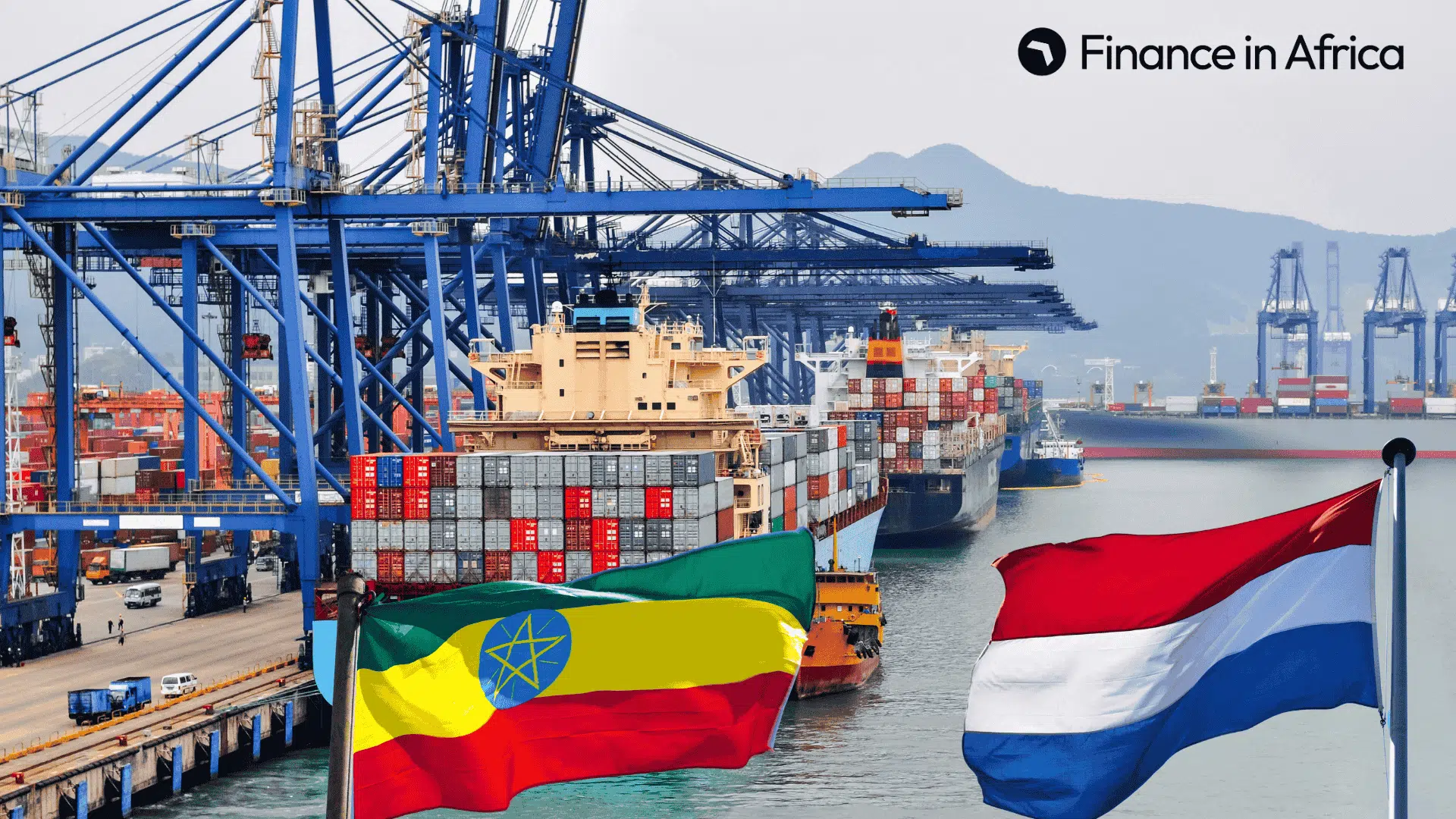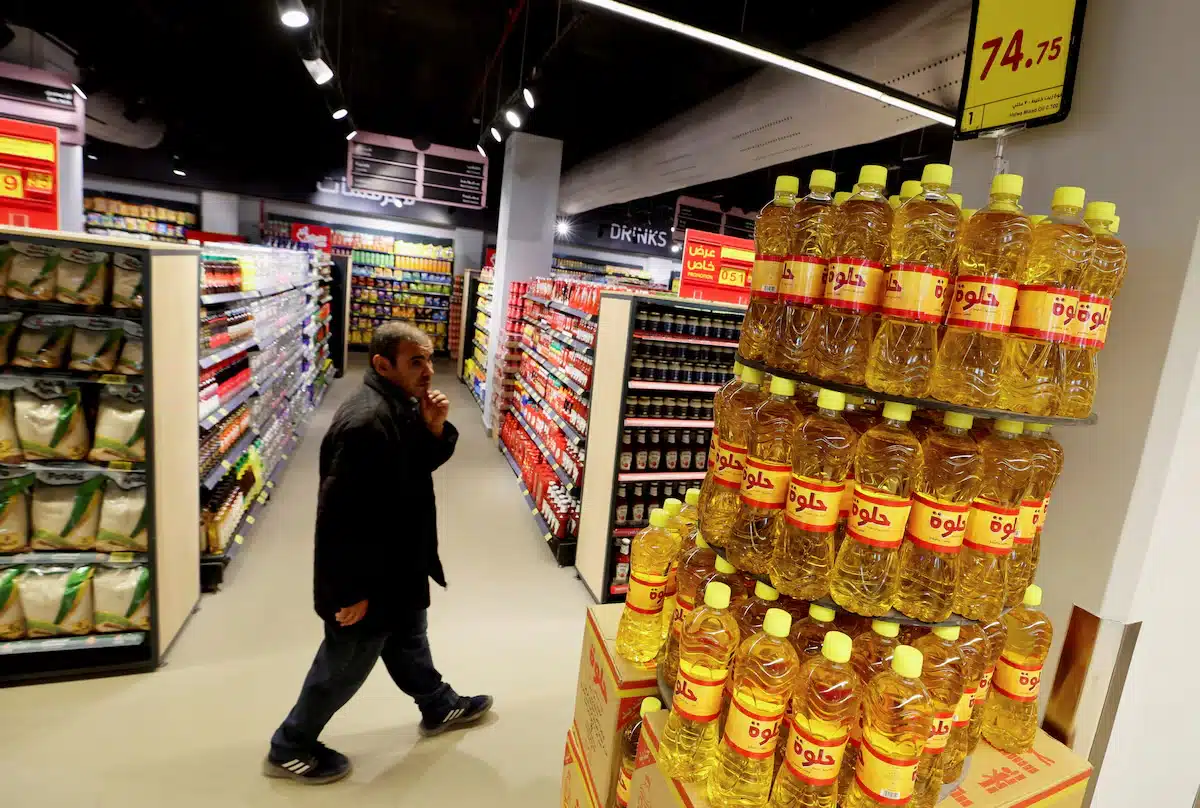The governments of Ethiopia and the Netherlands embarked on a joint visit to key infrastructure and agricultural sites on Monday.
The delegation aimed to assess the implementation of a landmark $50 million dry port and cold chain investment project.
This initiative, jointly financed by both governments, aims to transform Ethiopia’s agricultural logistics and export capacity.
The delegation was led by H.E. Semereta Sewasew, Ethiopia’s State Minister of Finance, and Ambassador Christine Pirenne of the Netherlands Embassy in Ethiopia, alongside their respective teams.
Their visit included the Mojo Dry Port, Ethio Veg Fru, a vegetable farm, and Florensis, a flower farm. These sites showcase the types of produce that stand to benefit from improved cold storage and export logistics.
According to Minister Semereta, Ethiopia contributes approximately half of the project’s funding. She emphasised that the new facilities are central to stabilizing domestic food markets and promoting foreign exports.
“Developing the necessary infrastructure is crucial to unlock Ethiopia’s agro-processing potential, where we already hold a comparative advantage,” she said.”
Ambassador Pirenne highlighted the Netherlands’ commitment to strengthening Ethiopia’s agricultural sector, noting that the project aims to boost export capacity and reduce post-harvest losses while making essential produce more accessible to the local market.
“Investing in logistics and cold storage helps farmers preserve the value of their produce, cut waste, and enhance profitability,” she added.”
The dry port and cold storage facilities are expected to significantly lower export costs for perishable goods such as avocados, vegetables, and flowers, which currently rely on high-cost air freight. The project will also improve the flow of fresh produce into urban markets like Addis Ababa, contributing to food price stability.
Despite progress on the ground, the delegation acknowledged ongoing challenges, particularly in customs and revenue systems, as well as broader security concerns.
However, both governments expressed confidence in the current trajectory. “We’re seeing the right ingredients come together – policy reform, infrastructure investment, and public-private collaboration,” said Minister Semereta.
Also, this comes a few months after the East African Country signed a landmark agreement to simplify cross-border trade procedures under the African Continental Free Trade Area (AfCFTA).
Additionally, the historic $1.8 billion surge in its Coffee export serves as a pointer to the growing global demand and enhanced export capacity of Africa’s largest Coffee producer.
This initiative is part of a broader effort to position Ethiopia as a competitive regional hub for agri-exports, supported by strategic partnerships and institutional capacity building. Entities such as Ethiopian Airlines, the National Plant Protection Organisation (NPPO), and professional industry associations are playing key roles in the ecosystem.
For investors, this project marks a significant step toward modernising Ethiopia’s supply chain, making the country more attractive for agri-business investment and export-driven growth. As infrastructure takes shape, so too does a clearer picture of Ethiopia’s potential as a reliable player in global agricultural trade.








